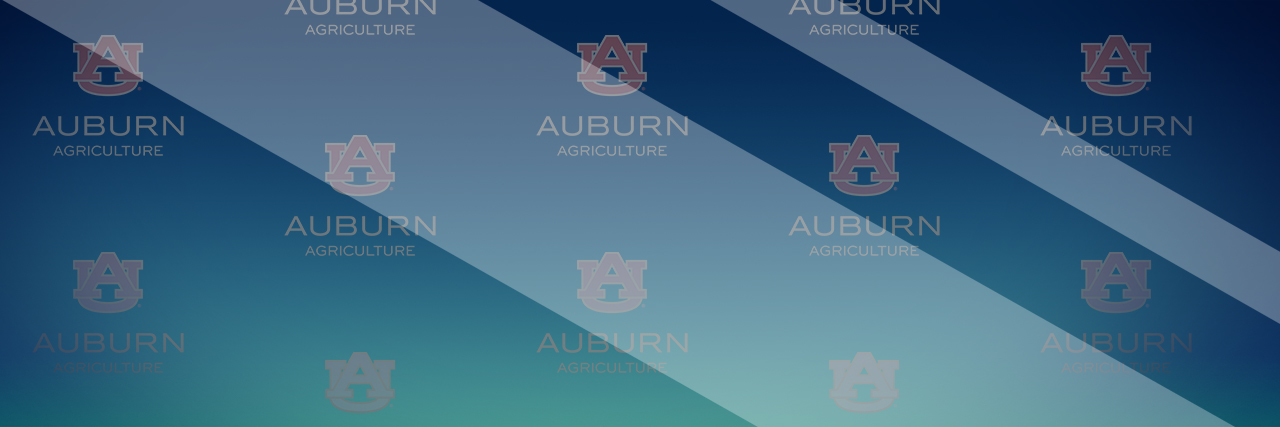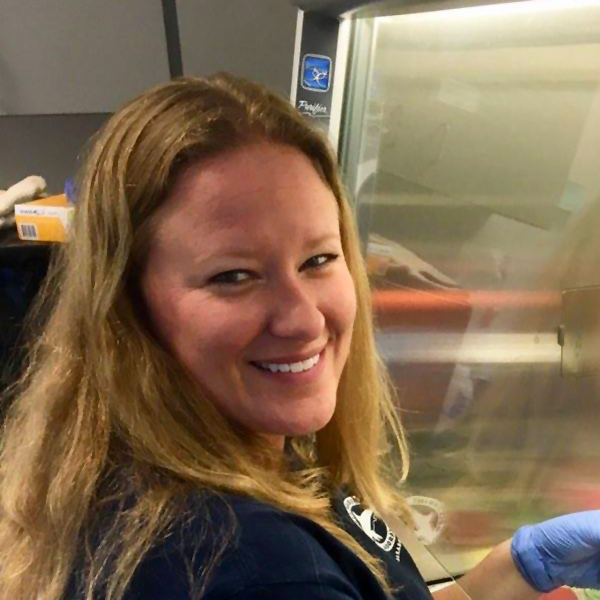Extension
As an assistant extension professor, I connect with shellfish farmers and stakeholders to identify current and emerging limitations to the industry. I communicate and transfer relevant information and technologies to farmers and consumers through a variety of means including on-site demonstrations, seminars, extension publications, social media, etc.
Extension Directory Page
Facebook: https://www.facebook.com/AUShellfishLab
Follow us on Twitter and Instagram! @AUShellfishLab


